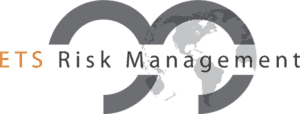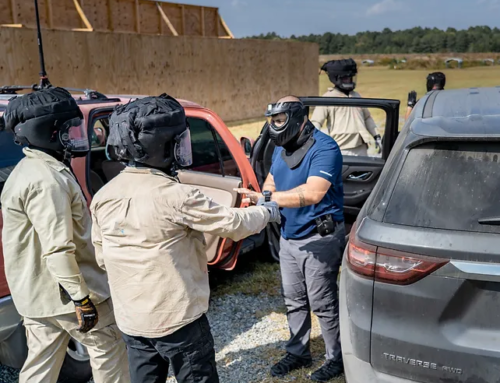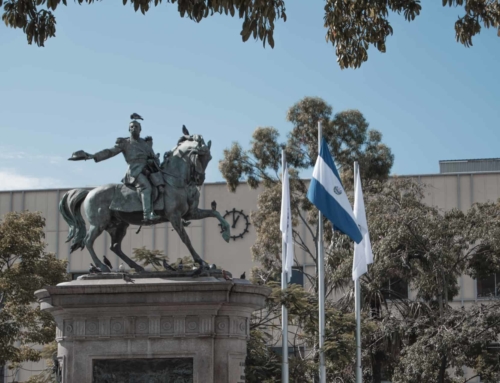
Case Study
A long-term VIP client of ETS requested us to assist with the threat assessment, security planning, and provision of personal security assets for a multi-country Africa trip that spanned 30 days and 7 countries. The trip was still during COVID restrictions, and also inclusive of various countries with challenging criminal and political problems.
Protective Intelligence Africa
The ETS Intelligence team did full Security and Safety Threat Assessments (SSTAs) on each country. The project management team then worked closely with the client’s Africa business and events team and Corporate HQ in America to design security and transportation services that aligned with risk. The intricacies of each country required local ground truth and context to help make informed decisions. For example, a recent grenade attack at an airport in Burundi can cause serious concerns, but does it negate the ability to arrive safely, and how does it align with client risk appetite?
Local intelligence and threat assessment is key for travel security in Africa because it provides valuable insights into the current security situation in a particular region or country. This knowledge helps security teams make informed decisions about safety and security. ETS produces detailed threat assessments to help clients make important decisions.
In many parts of Africa, security risks can vary widely from one region to another. For example, some areas may be prone to political instability, terrorism, or civil unrest, while others may have a high violent crime or petty theft rate. Without accurate information about the specific risks and threats in a particular location, travelers may be at a higher risk of becoming victims of crime or violence.
By gathering information on the ground from local sources, such as community leaders, law enforcement officials, and other trusted individuals, travelers can better understand the risks they may face and take steps to mitigate those risks. Open Source intelligence (OSINT) is also a valuable tool to be utilized.
One key advantage of using ETS for these types of trips is that we work in these Countries on a weekly, often daily basis providing Secure Transportation and Executive Protection. Our local partners, drivers, and EP teams are well known to us and have assimilated to the high standards and quality control systems of ETS. We don’t just call up some friends to see if they know people.
Advancing Each Location To Ensure Smooth Logistics and Seamless Transportation
The ETS expatriate advance security team arrived in each country 48-72 hours ahead of the client team. The itinerary was a mix of business and personal and nearly all countries included meeting Heads of State and Senior Government officials. The advance team was paramount to the success to ensure standardization of service, and assurances to the VIP team when they got wheels down that all bases were covered. The local teams, although well-trained and professional were not always aware of the nuances of the client, and special attention was paid to mentoring the team to ensure excellent interoperability.
Due to the nature of the itinerary, dealing with Heads of State, and also the nuances of the African Continent there were regular and last-minute changes which required agile teams, and solid contingency plans. Project management and close interaction with all components of the VIP team is vital. During one part of the itinerary the advance liaison with a Head of State’s security team and close liaison between the locals helped facilitate quick entry to the Presidential palace, in what would have otherwise been a long, drawn-out process in hot and uncomfortable conditions. A vast amount of our work is spent on helping travel, marketing, and communications teams in helping VIPs and their entourages move seamlessly with as few interruptions as possible.






